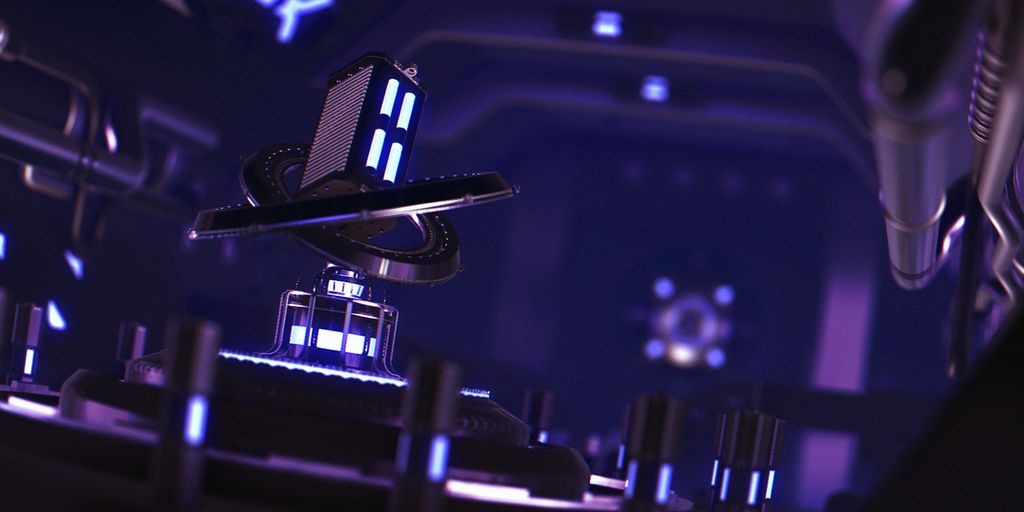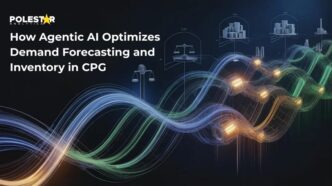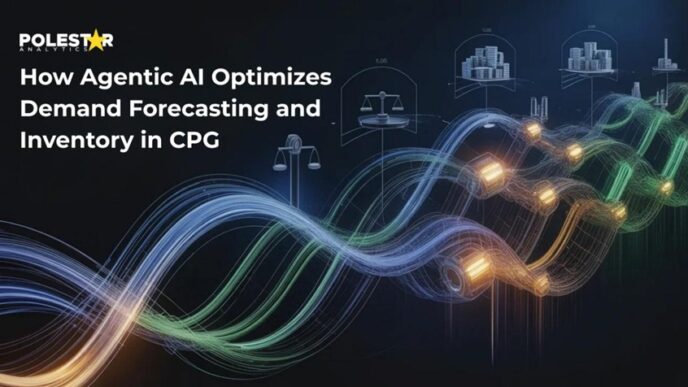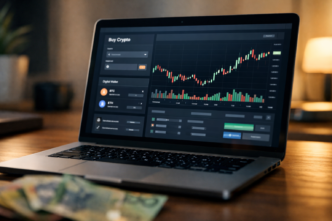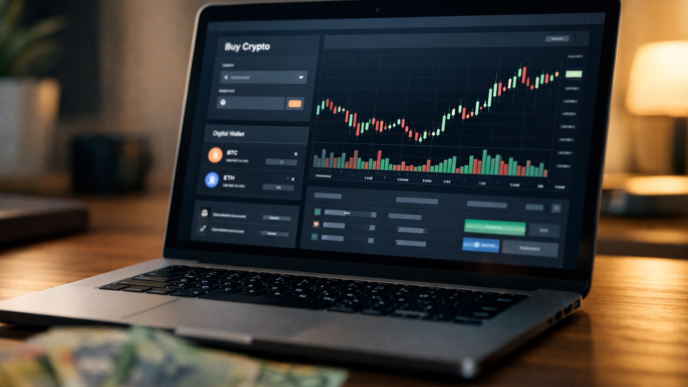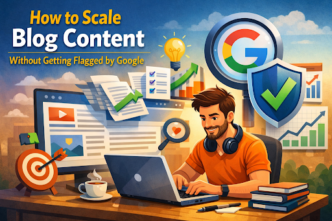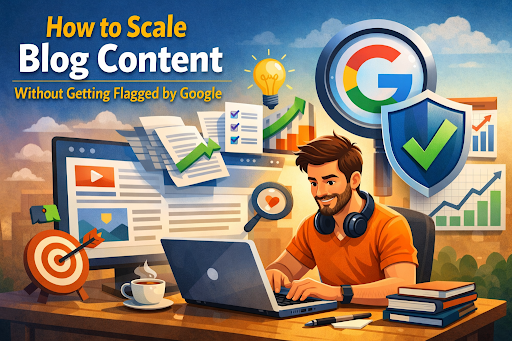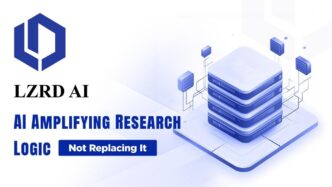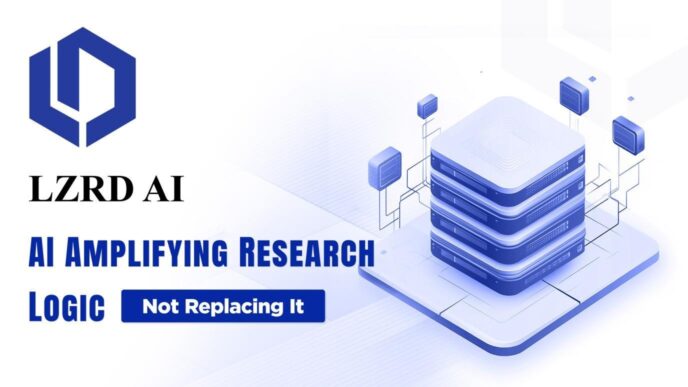Alright, so we’re looking ahead, trying to figure out what’s next in the tech world. It’s always a bit of a guess, right? But based on what’s happening now, and what the smart folks are saying, we can make some pretty good guesses about what the next ten years will bring. Think of it as a sneak peek into tomorrow. These predictions about technology are going to shape our lives in big ways, changing how we work, play, and just generally exist.
Key Takeaways
- Smart programs are becoming everyday tools, not just fancy ideas, helping businesses run smoother and smarter.
- The way we handle information is changing, with companies using data more effectively and AI helping keep things safe online.
- New computer parts are coming out, making everything faster and more powerful, especially for complex tasks like AI.
- We’ll need to think about how to use technology fairly and safely, making sure it helps everyone and doesn’t spread bad information.
- Cool new stuff like fusion power and quantum computers are getting closer to being real, and things like advanced sensors and spatial computing are blurring the lines between the digital and physical worlds.
The Rise of Intelligent Automation

It feels like every day there’s a new headline about AI, but what does it really mean for how we work? Intelligent automation is moving beyond just simple tasks. It’s about to change how decisions are made and how work gets done. Think of it as the next level of efficiency, where machines aren’t just following instructions, but actually thinking and adapting.
AI as a Practical Operational Tool
AI isn’t some futuristic fantasy anymore; it’s becoming a practical tool for everyday operations. We’re talking about AI that can handle customer service inquiries, manage supply chains, and even help with hiring. The key is integrating AI into existing systems to make them smarter and more efficient. It’s not about replacing humans, but about augmenting their abilities. For example, AI can analyze huge datasets to identify trends and patterns that humans might miss, leading to better decision-making. This intelligent automation is already transforming industries, and it’s only going to accelerate in the coming years.
Agentic AI Bridging the Agency Gap
Agentic AI is the next big thing. Instead of just reacting to commands, these systems can actually take initiative and make decisions on their own. Gartner predicts that by 2028, 15% of daily work decisions will be made autonomously through agentic AI, a huge jump from 0% in 2024. That’s a big deal! Imagine AI that can not only schedule meetings but also prioritize tasks based on urgency and importance. It’s about bridging the gap between what AI can do and what humans need it to do. This shift requires a new level of trust and understanding of how these systems work, but the potential benefits are enormous.
Polyfunctional Robots Redefining Efficiency
Robots are no longer confined to factory floors doing the same repetitive motions. Polyfunctional robots are here, and they’re changing the game. These robots can perform a variety of tasks, adapting to different environments and situations. Think of a robot that can assemble products, inspect quality, and even package items for shipping. This flexibility is a game-changer for industries that need to adapt quickly to changing demands. It also means that robots can be deployed in a wider range of settings, from warehouses to hospitals. The rise of polyfunctional robots is about to redefine what’s possible in terms of efficiency and productivity.
Transforming Data Landscapes

Data is everywhere, and it’s only getting more intense. It feels like every company is talking about being "data-driven," but what does that even mean in practice? It’s not just about collecting information; it’s about actually using it to make better decisions, improve security, and even change how we do things day-to-day. It’s a big shift, and it’s happening fast.
Data-Driven Organizations as the New Standard
Becoming a data-driven organization isn’t just a trend; it’s becoming the baseline for success. Companies that can effectively collect, analyze, and act on data are the ones that will thrive. It’s about more than just having dashboards; it’s about weaving data into the fabric of every decision. This means investing in the right tools, training, and culture to support data literacy across the board. Think of it as moving from gut feelings to informed strategies. For example, future of data analytics is changing how businesses operate.
AI-Enhanced Data Procedures for Cybersecurity
Cybersecurity is a constant arms race, and AI is becoming a critical weapon. Traditional security measures are often reactive, but AI can help us get ahead of the curve. By analyzing patterns and anomalies in real-time, AI can detect and respond to threats faster and more effectively than humans alone. It’s like having a super-powered security guard that never sleeps. This also means we need to think about the ethical implications of using AI in security, but the potential benefits are huge. Here are some benefits:
- Faster threat detection
- Improved incident response
- Reduced false positives
Ambient-Invisible Intelligence Revolutionizing Operations
Imagine a world where data collection and analysis happen seamlessly in the background, without us even realizing it. That’s the promise of ambient-invisible intelligence. Think sensors embedded in our environment, constantly gathering data and feeding it into AI systems that optimize everything from traffic flow to energy consumption. It’s about making our world smarter and more efficient, without adding more complexity to our lives. This is especially important for enterprise technology to stay competitive.
Hardware Innovations Driving Progress
It’s easy to get caught up in software, but hardware is making huge leaps too. Think about it: all that fancy AI needs something to run on. We’re not just talking about faster processors, but completely new ways of computing. It’s a pretty exciting time for anyone who likes gadgets and tech.
Advanced Chips Powering AI Workloads
AI’s hunger for processing power is driving innovation in chip design. Traditional CPUs are struggling to keep up with the demands of machine learning, so companies are developing specialized chips like GPUs, TPUs, and even neuromorphic chips. These chips are designed to accelerate specific AI tasks, leading to faster training times and more efficient inference. It’s not just about speed, though; energy efficiency is also a major concern. No one wants their AI server farm to bankrupt them with electricity bills. AI hardware trends are definitely something to keep an eye on.
Personal Computers Supercharging Knowledge Workers
Remember when everyone thought PCs were dying? Turns out, they’re just evolving. The modern PC is becoming a powerhouse for knowledge workers, thanks to advancements in processors, memory, and storage. We’re seeing laptops with desktop-level performance, allowing people to do things like video editing, 3D modeling, and AI development on the go. Plus, the rise of AI-powered tools is making PCs even more useful. Imagine having a personal assistant that can summarize documents, generate code, and even write emails for you. The possibilities are endless.
Hybrid Computing for Future-Ready Innovation
Hybrid computing is becoming increasingly important. It’s all about combining different types of computing resources to get the best of both worlds. This could mean using CPUs for general-purpose tasks, GPUs for AI, and quantum computers for specialized simulations. The key is to have a flexible infrastructure that can adapt to changing needs. Hybrid computing also allows companies to balance on-premises security with the scalability of the cloud. It’s a complex topic, but it’s essential for future-ready innovation.
Here’s a simple breakdown of the benefits:
- Flexibility: Choose the right computing resource for the job.
- Scalability: Easily scale up or down as needed.
- Cost-effectiveness: Optimize resource utilization to reduce costs.
Ethical and Societal Implications of Technology
It’s not all sunshine and roses with these tech advancements. We gotta think about the ethical stuff and how it affects society. It’s not just about making cool gadgets; it’s about making sure they don’t mess things up for everyone.
AI Governance for Transparent Adoption
AI governance is becoming super important. We need to make sure AI systems are fair, transparent, and responsible. Think of it like this: if AI is going to make decisions that affect our lives, we need to know how it’s making those decisions. By 2028, companies using AI governance platforms could see a 30% jump in customer trust. That’s huge! It’s about building trust and making sure AI is used for good, not evil.
Securing Truth with Disinformation Security
Misinformation is a real problem these days. It’s getting harder to tell what’s real and what’s fake, especially online. That’s where disinformation security comes in. We need better ways to protect ourselves from digital transformation and false information. This includes:
- Developing better detection tools.
- Educating people on how to spot fake news.
- Holding those who spread misinformation accountable.
Harnessing Technology for Positive Impact
Technology can be a force for good. We can use it to solve some of the world’s biggest problems, like climate change, poverty, and disease. For example, disaster management hubs are being created to enhance preparedness. It’s about using our ingenuity to make the world a better place. We need to focus on:
- Supporting sustainable development.
- Promoting education and access to information.
- Creating technologies that prioritize well-being over mere attention capture.
Emerging Technologies Reshaping Industries
Okay, so things are about to get really interesting. Forget incremental changes; we’re talking about stuff that could flip entire industries on their heads. It’s not just about doing things faster or cheaper, but doing things completely differently. Buckle up.
Nuclear Fusion and Quantum Computing Becoming Reality
For years, nuclear fusion has been the energy source of the future… and always will be, right? Well, maybe not for much longer. There’s real momentum building, and while we’re not going to have fusion reactors powering our homes next year, the progress is undeniable. Quantum computing is also moving out of the theoretical and into the practical, with potential applications in everything from drug discovery to materials science. It’s still early days, but the potential is mind-blowing. Imagine a world with nearly limitless clean energy and computers that can solve problems currently impossible. That’s the promise, anyway.
Advanced Sensors and Biotechnology Advancements
Sensors are getting smarter, smaller, and cheaper. This means we can collect data on just about anything, anywhere. Think about environmental monitoring, precision agriculture, or even just tracking your own health. And biotech? It’s not just about new medicines (though there’s plenty of that happening). We’re talking about things like cognitive evolution and workforce transformation, personalized nutrition, and even engineering new materials from biological sources. The convergence of sensors and biotech is creating a feedback loop where we can understand and manipulate the world around us in ways we never thought possible. Here are some examples:
- Environmental Monitoring: Deploying sensor networks to track pollution levels in real-time.
- Precision Agriculture: Using sensors to optimize irrigation and fertilizer use, reducing waste and increasing yields.
- Personalized Medicine: Tailoring treatments to individual patients based on their genetic makeup and lifestyle.
Spatial Computing Bridging Physical and Digital Worlds
Remember when VR was just for gaming? Those days are long gone. Spatial computing, which includes VR, AR, and mixed reality, is about to change how we interact with the world. Imagine being able to overlay digital information onto your physical surroundings, collaborate with colleagues in a virtual workspace, or even train for complex tasks in a safe and realistic environment. It’s not just about entertainment; it’s about fundamentally changing how we work, learn, and communicate. The Gartner Technology Trends are showing that this is going to be big.
Workforce Evolution and Human-Centric Tech
It’s pretty clear that the way we work is changing, and it’s not just about robots taking over (though that’s part of it!). It’s also about how we, as humans, fit into the picture. What skills do we need? What kind of work environment makes us thrive? And how can technology actually help us be better at our jobs, instead of just replacing us?
Mission-Driven Workforce of Tomorrow
Forget just chasing a paycheck; people want to feel like they’re making a difference. The workforce of tomorrow will be driven by purpose. More and more, people are looking for jobs that align with their values, whether it’s sustainability, social justice, or just feeling like they’re contributing something meaningful. Companies that can tap into this desire will have a huge advantage in attracting and retaining talent. It’s not just about offering a good salary anymore; it’s about offering a good reason to come to work every day. This shift towards a mission-driven workforce is reshaping company cultures and priorities.
Cognitive Evolution and Workforce Transformation
Okay, this sounds a little sci-fi, but hear me out. As AI gets better and better, it’s changing the way our brains work. We’re learning to adapt, to think differently, and to focus on skills that AI can’t replicate (at least, not yet). This means things like creativity, critical thinking, and complex problem-solving are becoming even more important. It also means we need to be constantly learning and upskilling to stay ahead of the curve. Think of it as a cognitive evolution – we’re not just working with technology, we’re evolving because of it.
Intention-Driven Technologies for Well-being
Tech isn’t just about productivity; it can also be about well-being. We’re seeing a rise in technologies designed to help us focus, manage stress, and improve our mental health. Think apps that block distracting websites, wearables that track our sleep patterns, and AI-powered tools that help us manage our workload. The idea is to use technology to enhance our lives, not just consume them. It’s about being more intentional with how we use tech, and making sure it’s serving our needs, not the other way around. This focus on intention-driven technologies is a welcome change in a world that often feels overwhelming.
The Road Ahead: What It All Means
So, we’ve looked at a bunch of ideas for what technology might do in the next ten years. It’s pretty clear that things are going to keep changing fast. We’re talking about a future where AI helps with a lot more stuff, and our devices get even smarter. It’s not just about cool new gadgets, though. It’s also about how these changes will affect our daily lives, our jobs, and even how we connect with each other. We’ll need to figure out how to use these new tools in ways that actually help us, instead of just making things more complicated. It’s a big journey, and we’re all kind of in it together, trying to make sense of it all as we go.
Frequently Asked Questions
How is AI changing the way businesses work?
AI is becoming a common tool for businesses, helping them run things smoother. It’s not just a fancy new idea anymore; it’s something companies use every day to get work done better.
Will new computer parts help AI grow?
Yes, new kinds of chips are being made that are super good at handling the big jobs AI needs to do. These chips will also make personal computers much more powerful for people who work with information.
What does it mean for a company to be ‘data-driven’?
Companies are learning to use all the information they collect to make smart choices. This means almost everyone at a company will use data regularly to help them do their jobs.
How will AI make online security better?
AI will help keep our online information safe by doing things like backing up data all the time. This makes it harder for bad guys to steal or mess with important information.
Are big scientific breakthroughs like nuclear fusion and quantum computing really happening soon?
Scientists are getting closer to making things like nuclear fusion (a new way to make clean energy) and quantum computing (a super-fast way to solve problems) actually work. These could change many industries.
What will the workforce of the future be like?
The future workforce will care more about solving important human problems than just making money. People will want to work for companies that are trying to make the world a better place.


